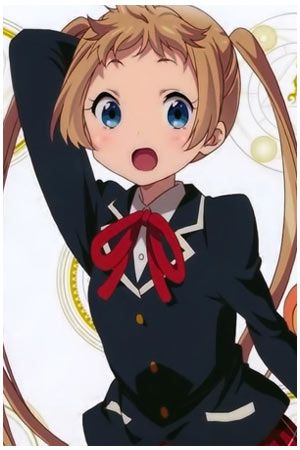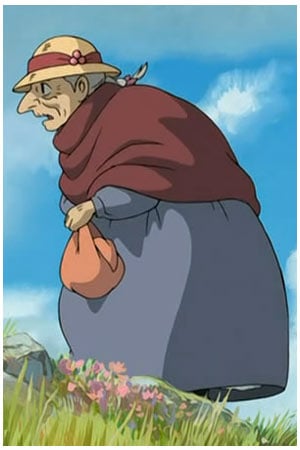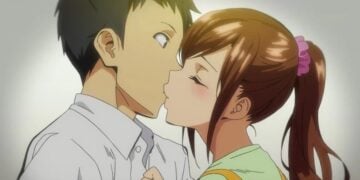If you’ve listened to spoken Japanese at all you’ve probably noticed the word です desu, often pronounced with the last vowel reduced so that it sounds like “dess.” This word is basically the verb “to be” in its formal form. It’s really simple to use: if you want to say “I am John” just say ジョンです John desu and if you want to state your nationality, just say アメリカ人です America-jin desu or カナダ人です Canada-jin desu or whatever. The subjects of Japanese sentences are usually left off if the meaning is clear from the context, but if you wanted to clarify that you’re talking about yourself and not, say, Michelangelo, you could say 私はジョンです watashi wa John desu (lit. As for me, I’m John). If someone pointed to an apple on a table and asked you what it was, you could say りんごです ringo desu, which works when discussing the drummer of the Beatles, too. The desu sentence ending is a formal word, useful for making a good impression on Japanese you might try talking to, especially if they’re older than you. Every Japanese verb comes in formal and informal versions, and the informal of desu is だ da, which you’d use when talking to a person below your station, like a teacher addressing his students. (Part of the reason Japanese can get away with no subjects in their sentences is this additional information picked up by the verb form.) The word desu is often used in cute ways as a “charm point” for characters like Dekomori Sanae from Chu2koi or Furuda Rika from Higurashi no Naku Koro Ni, but this usage is as far from standard Japanese as Yoda’s unique style of speaking from English is, so don’t ever imitate these characters when speaking.

Remember, don’t talk like Dekomori DESU.















